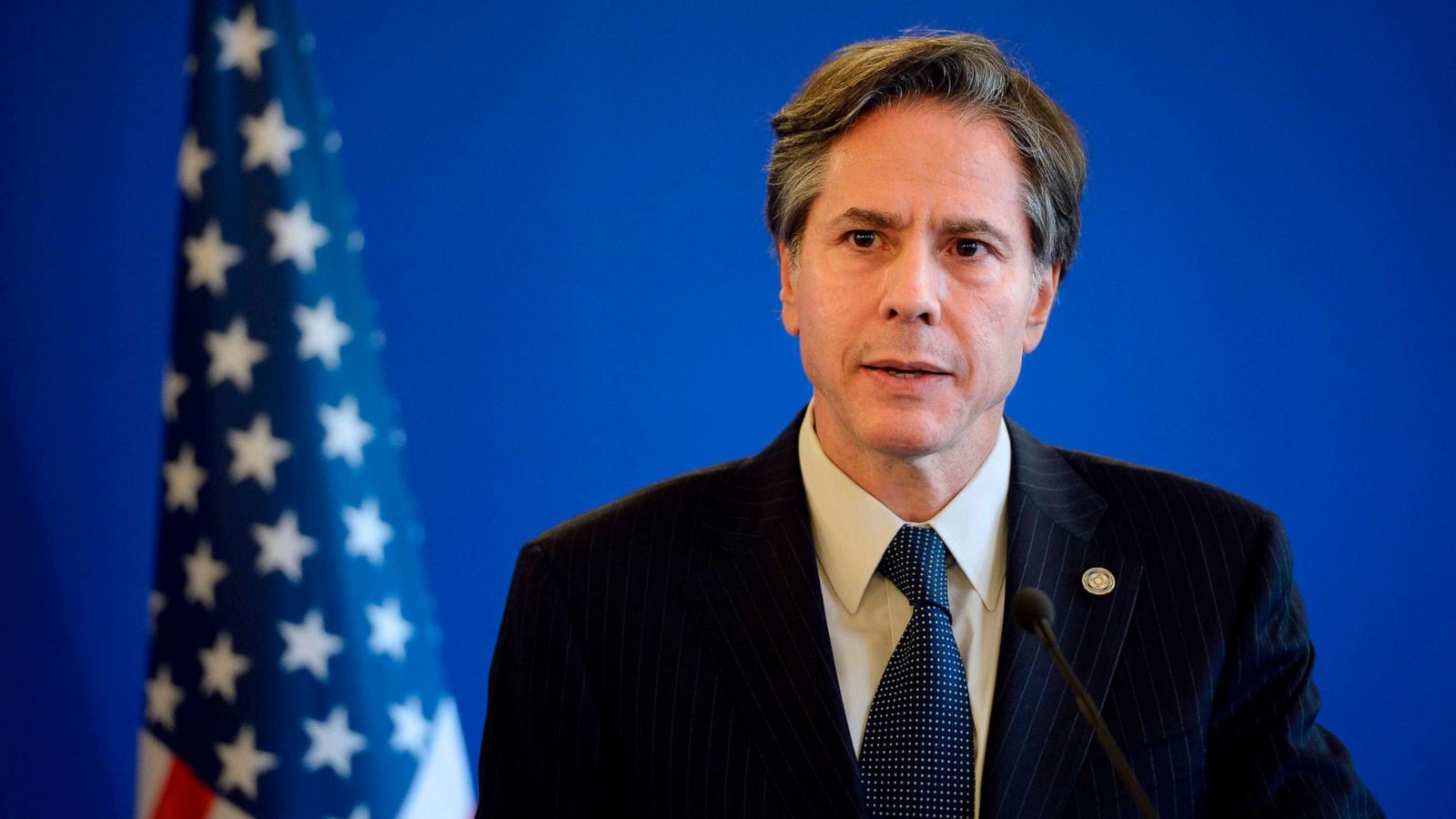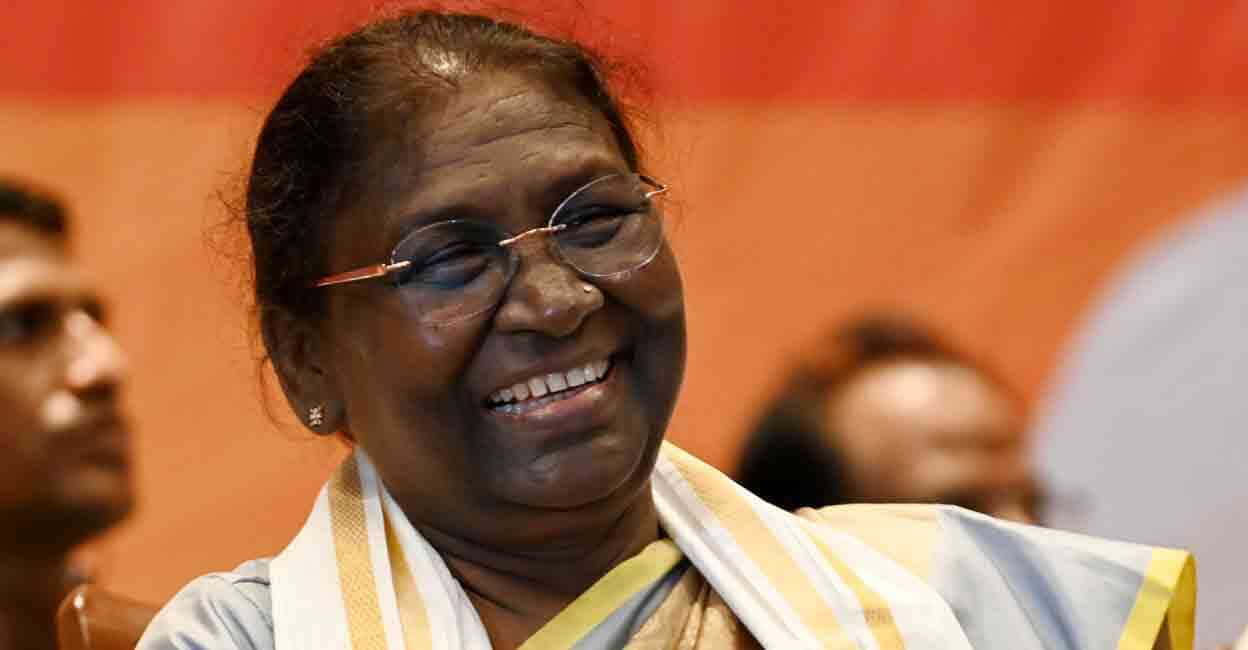South Asia
The Indian Ministry of Commerce & Industry put out a statement yesterday revealing that trade between India and the Gulf Cooperation Council increased from $87.4 billion to $154.7 billion between FY 2020-21 and FY 2021-22, representing an increase of 77%. [Indian Ministry of Commerce & Industry]
North Korean Supreme Leader Kim Jong-un sent India a congratulatory message to newly-elected Indian President Droupadi Murmu. He expressed hope that the two sides would continue to build their “friendship and cooperation,” saying the two countries are brought together by their “friendship and cooperation,” which is centred around “a long history and tradition.” [North Korean Ministry of Foreign Affairs]
Central Asia and the Caucasus
Georgian President Salome Zurabishvili has condemned the Abkhazian parliament’s decision to transfer ownership of a coastal area to Russia on a 49-year lease. Abkhazia’s de-facto president, Aslan Bzhania, said earlier this month he had decided to transfer the land at Russian President Vladimir Putin’s request. Zuabishvili called the decision a “form of annexation.” [RFE/RL]
Armenian President Vahagn Khachaturyan on Wednesday asked United Nations General Assembly President Abdullah Shahid for his help in securing the “immediate repatriation” of Armenian prisoners of war and civilian detainees in Azerbaijan. [Public Radio of Armenia]
East and Southeast Asia
A report published by the United Nations (UN) Human Rights Committee said it was “deeply concerned about the overly broad interpretation of and arbitrary application” of Hong Kong’s China-imposed national security law. The international watchdog added that the financial hub must “take concrete steps to repeal the current national security law and, in the meantime, refrain from applying the law.” [The Straits Times]
A four-member delegation from Japan’s National Diet arrived in Taiwan on Wednesday to discuss “security concerns” across the Taiwan Strait. Chinese state media have denounced Tokyo for fuelling the “today’s Ukraine, tomorrow’s Taiwan” ‘rhetoric’ under the pretext of overhauling its “post-war pacifist constitution.” It stated that such a move would allow Japan “to get rid of the constraints, participate in NATO, and seek to develop into a military power.” [Global Times]
Europe
Germany’s cabinet on Wednesday approved a $180 billion Climate and Transformation Fund on Wednesday that is aimed and energy conversion, decarbonisation, renovating buildings, developing the hydrogen economy, and promoting ‘electromobility.’ The plan will now be sent to parliament for approval. [German Finance Ministry]
The Group of Seven (G7) plans to put a price cap on Russian oil imports by December 5, when the European Union (EU) sanctions on seaborne imports of Russian crude oil will come into effect, as per a senior G7 official. “The goal here is to align with the timing that the EU has already put in place,” the unnamed official remarked on Wednesday. [Reuters]
Latin America and the Caribbean
Speaking at the Global Agribusiness Forum in Sao Paulo on Wednesday, Brazilian President Jair Bolsonaro stated that his stance on the Ukrainian war is one of a “delicate equilibrium,” as Brazil remains heavily dependent on Russia for a steady supply of fertilisers to support its agriculture sector. He stated that “without (Russian) fertilisers the food production guarantee would be threatened, and likewise the lives of a billion people in our world,” while reiterating his condemnation of the sanctions regime against Moscow. [Merco Press]
On Wednesday, Venezuelan President Nicolás Maduro hosted Qatari Deputy Prime Minister and Minister of Foreign Affairs Mohammed Bin Abdulrahman Al-Thani at the Miraflores Palace, wherein they discussed expanding cooperation in the fields of science and technology, agriculture, transportation, energy, tourism, and culture. Al-Thani also met with his Venezuelan counterpart Carlos Faría, wherein the duo reaffirmed a commitment to boost ties in oil, gas, and food production, and inaugurate direct flights between Doha and Caracas before October. [Venezuelan Ministry of External Affairs]

Middle East and North Africa (MENA)
Atomic Energy Organization of Iran (AEOI) chief Mohammad Eslami announced on Wednesday that Iran will begin the construction of a new nuclear research facility at Isfahan. Eslami reasserted Tehran’s position that its nuclear programme is “peaceful” and added that instead of “wasting time” falsely accusing Iran, the West should focus on reviving the 2015 nuclear deal. [IRNA]
The joint centre that would coordinate the transfer of Ukrainian grain exports via the Black Sea was formally inaugurated in Istanbul on Wednesday. The centre will host Ukrainian, Russian, Turkish, and United Nations representatives, who will jointly monitor the shipment of vessels from Ukrainian ports and conduct inspections of ships for weapons. [Daily Sabah]
Russian Foreign Minister Sergey Lavrov on Wednesday criticised the global economy’s reliance on the United States dollar (USD), saying its recent performance is not promising. Speaking alongside his Ethiopian counterpart Demeke Mekonnen in Addis Ababa, Lavrov urged countries to seek alternate currencies. He also dismissed accusations that the global food crisis was caused by Russia and blamed Ukraine’s mining of the Black Sea for preventing the transfer of agricultural supplies. [Africanews]
North America
In a press conference on Wednesday, United States Secretary of State Antony Blinken revealed that he will be speaking with his Russian counterpart Sergey Lavrov to discuss the release of wrongfully detained Americans Paul Whelan and Brittney Grines. “We put a substantial proposal on the table weeks ago to facilitate their release,” he said. Regarding the proposal, an anonymous Biden administration official told CNN that they were planning to exchange a convicted Russian arms trafficker, Viktor Bout, who has been serving a 25-year sentence, for the two Americans. This is the first time that the two leaders will be talking since the Ukraine war began on February 24 this year. [US Department of State, CNN]
As part of the $40 billion support package for Ukraine, the United States (US) Department of Treasury signed an agreement on Wednesday to contribute $500 million to the European Bank for Reconstruction and Development to support businesses and public services in Ukraine and other countries that have been impacted by the Russian invasion of Ukraine. “It is a signal of our solidarity with countries affected by (Russian President Vladimir) Putin’s war of choice, which has increased food insecurity and raised energy prices around the world, particularly in developing countries,” US Assistant Secretary for International Trade and Development Alexia Latortue noted in a statement. [US Department of Treasury]
Oceania
New Zealand has become the first nation in the world to introduce legislation that prevents future generations from being able to legally purchase cigarettes. The government revealed the new rules on Tuesday, which include raising the smoking age, significantly decreasing the permitted amount of nicotine in cigarettes, and limiting their availability to special tobacco shops. [The Guardian]
The New Zealand government said new COVID-19 cases are on the downturn and that the country will most likely avoid its “worst-case scenario” of 20,000 daily new infections. According to the data released by the country’s Health Ministry on Wednesday, average daily new cases have dropped from 9,367 last week to 8,111. [ABC News]
Sub-Saharan Africa
Ghanian security officers have been forced to flee their border posts in the Bawku West District of the Upper East Region due to terrorist groups from neighbouring Burkina Faso crossing into the country. Ghana’s Deputy Superintendent of Immigration, Martin Tioseh Soyeh, said that after Burkinabé militias stormed the Sapeliga market last month, Ghanian soldiers “had to flee because they were not well armed.” This comes after two major attacks in Dakola and Bawku this month that killed three people. [Africa Feeds]
On Wednesday, African nations commenced talks on climate change in Maputo to discuss priorities and frame a common stance ahead of November’s COP27 Climate Summit in Egypt. The leaders reaffirmed that Africa remains a “vulnerability hotspot for climate change,” as the Horn of Africa and the eastern region continues to battle prolonged droughts, while the south grapples with devastating cyclones. The Summit organised by the UN, African Union, and the African Development Bank focused on harnessing indigenous knowledge for conservation efforts and claiming “loss and damage” for environmental reparations. [Associated Press]

